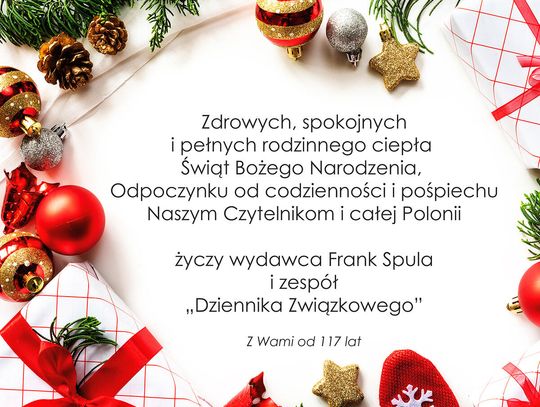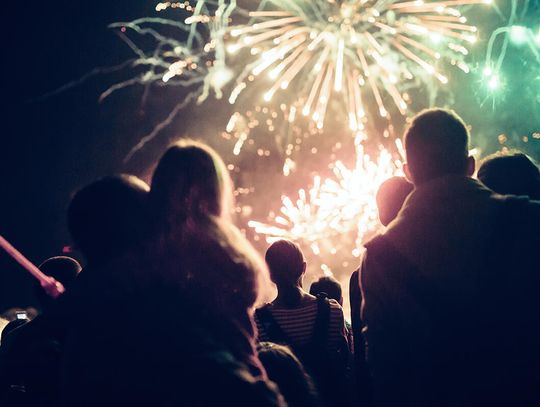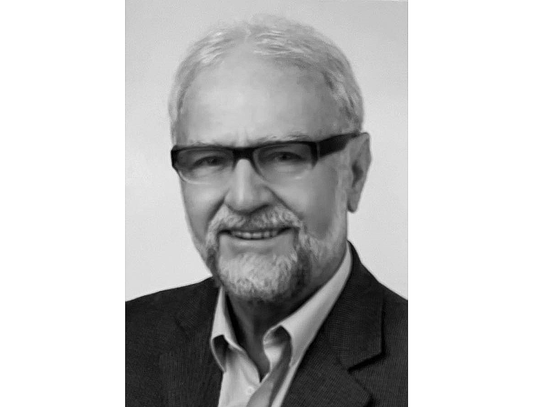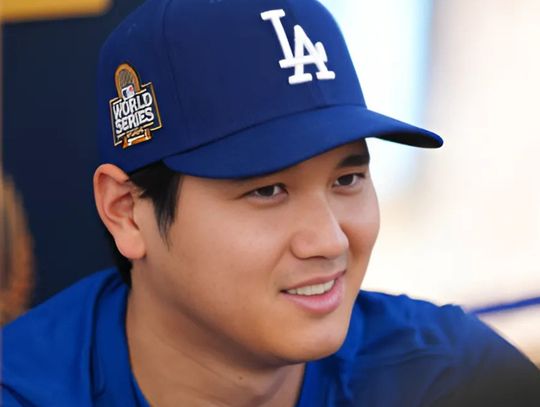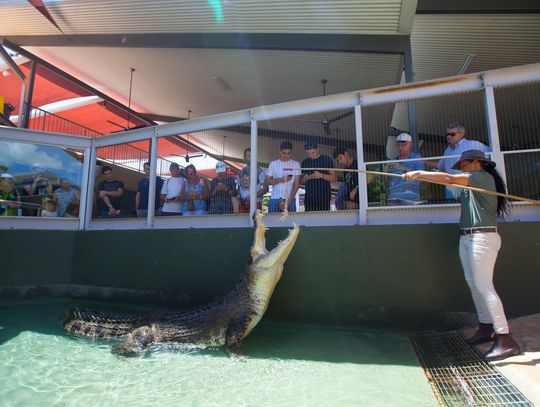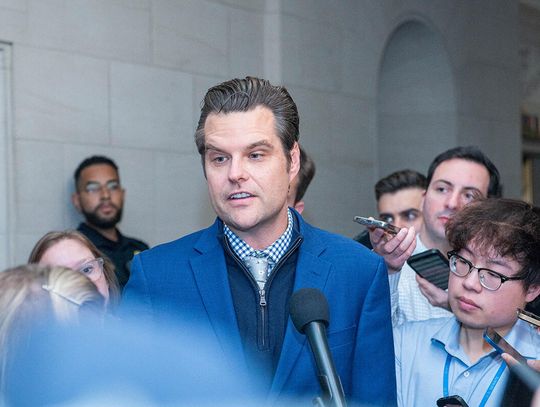Bycie dziś dzieckiem wydaje się inne niż wtedy, gdy byłem dzieckiem 60 lat temu.
Widzę to, kiedy patrzę na moją 11-letnią wnuczkę i jej przyjaciół. Nawet przed pandemią i rozpoczęciem protestów, te dzieci nie spędzały dużo czasu na zewnątrz. Kiedy do mojej wnuczki przychodzą jej przyjaciele lub przyjaciółki, zazwyczaj spędzają ze sobą czas na dole, w piwnicy, gdzie ma większość swoich ,,zabawek”. Siedzą tam i grają w gry, jak na przykład ,,Monopoly”, albo oglądają telewizję, ale – jak powiedziałem – nie wychodzą zbyt dużo na powietrze.
Tak nie było, kiedy byłem dzieckiem w latach 50-tych i wczesnych 60-tych dwudziestego wieku.
Byliśmy ,,dziećmi wolnego wybiegu” nawet, jeśli nigdy o tym nie słyszeliśmy i nie wiedzieliśmy, co to znaczy. Większość naszych rodziców pracowała, więc nie mieliśmy za dużo nadzoru dorosłych. Mogliśmy wędrować niemal wszędzie, gdzie zabierała nas nasza wyobraźnia i głód przygody.
Dorastając w sercu Chicago, na wschód od Humboldt Park, zawsze czuliśmy, że znajdujemy się w centrum świata i wszystko jest możliwe. Chodziliśmy do parku i graliśmy w baseball albo w tenisa, albo wsiadaliśmy na rowery i jechaliśmy wszędzie, dokąd chcieliśmy. Czasami rzucaliśmy monetą, żeby zobaczyć w którym kierunku pojedziemy i tam ruszaliśmy. Jeśli moneta wskazała na wschód, jechaliśmy po North Ave. do jeziora Michigan i spędzaliśmy kilka godzin po prostu pedałując po okolicy albo na plaży, gdzie pływaliśmy, albo sprawdzaliśmy co nowego jest na wystawie w Muzeum Historii Chicago. Jeśli moneta wskazała południe, jechaliśmy na rowerach do śródmieścia i spędzaliśmy tam kilka godzin, bawiąc się na przystankach dworca autobusowego dalekobieżnej linii Greyhound, albo woziliśmy się windą na sam szczyt wieżowca Prudential, lub oglądaliśmy wielkie dzieła w Art Institute. Czasami, jeśli mieliśmy naprawdę dużo czasu, to pedałowaliśmy bardzo daleko na południe, do Hyde Parku i spędzaliśmy czas w Muzeum Nauki i Techniki. Jeśli moneta mówiła zachód lub północ, to spędzaliśmy kilka godzin jeżdżąc po Oak Park lub Skokie.
Myślisz pewnie, że opowiadam to tak, by brzmiało jako dobra zabawa, ale były też chwile, kiedy ,,dzieci z wolnego wybiegu” marzyły, żeby mieć przy sobie dorosłego. Pamiętam raz, kiedy pojechaliśmy do Muzeum Nauki i Techniki i zostawiliśmy rowery zaparkowane przy stojaku przy muzeum. Kiedy wróciliśmy okazało się, że ktoś przeciął nam wszystkie opony. Nie mieliśmy pieniędzy, żeby zadzwonić do rodziców czy wrócić autobusem, więc jechaliśmy na tych podziurawionych oponach z powrotem do domu.
Innym razem, kiedy oglądaliśmy film w starym kinie Clark na skrzyżowaniu ulic Clark i Madison, to w łazience napadła na nas grupa zbirów.
Ale te złe wydarzenia to były jedynie wyjątki i kiedy myślę o tych minionych letnich dniach, to głównie myślę o tym, jak fajnie było być wolnym i wędrować po Chicago.
Summer in the City
Being a kid today seems different from what it was when I was a kid 60 years ago.
I see it when I watch my 11-year-old granddaughter and her friends. Even before the pandemic and the protests began, these kids didn’t spend much time outside. When my granddaughter’s girlfriends or boyfriends come over, they typically will hang out with her downstairs in the basement where she has most of her play things. They’ll sit around down there and play some games like Monopoly or watch some TV, but -- like I said -- they don’t go out much.
It wasn’t like that when I was a kid back in the 1950s and early 1960s.
We were “free-range kids” even though we had never heard that term or knew what it meant. Most of our parents worked, so we didn’t have much adult supervision. We were free to roam just about anywhere our imagination and hunger for adventure took us.
Growing up in the heart of Chicago, just east of Humboldt Park, we always felt like we were in the center of the world and anything was possible. We’d walk to the park and play baseball or tennis, or we’d get on our bikes and ride wherever the whim took us. I remember sometimes we’d flip coins to see what direction we’d take, and then we’d ride in that direction. If the coin flip said east, we’d ride down North Avenue to Lake Michigan and spend a couple of hours just cycling around or going to the beach and swimming or checking out the exhibits at the Chicago Historical Museum. If the flip said south, we’d ride our bikes downtown and spend the afternoon wandering around, playing in the arcade at the Greyhound Bus Terminal or taking the elevators and zooming up to the top of the Prudential Building or seeing what great paintings looked like at the Art Institute. Sometimes, if we had lots of time, we’d even ride further south to Hyde Park and hang out for a while at the Museum of Science and Industry. If the flip would say west or north, we’d just spend a couple hours riding up to Oak Park or Skokie.
You’re probably thinking that I make it sound like it was all fun and games, but there were also times when we “free-range kids” wished we had some adults along. I remember one time when we rode down to the Museum of Science and Industry and parked our bikes at the bike rack outside. When we came out again, somebody had slashed our tires. We didn’t have any kind of money to call our parents or get on a bus, so we rode those busted-tire bikes all the way back home. Another time, we were watching a movie at the old Clark movie theater on the corner of Clark and Madison, and we were set upon by a gang of thugs in the men’s room.
But those bad times were the absolute exception, and when I think of those old summer days, I mainly think about how much fun it was being free to wander Chicago.
John Guzlowski
amerykański pisarz i poeta polskiego pochodzenia. Publikował w wielu pismach literackich, zarówno w USA, jak i za granicą, m.in. w „Writer’s Almanac”, „Akcent”, „Ontario Review” i „North American Review”. Jego wiersze i eseje opisujące przeżycia jego rodziców – robotników przymusowych w nazistowskich Niemczech oraz uchodźców wojennych, którzy emigrowali do Chicago – ukazały się we wspomnieniowym tomie pt. „Echoes of Tattered Tongues”. W 2017 roku książka ta zdobyła nagrodę poetycką im. Benjamina Franklina oraz nagrodę literacką Erica Hoffera, za najbardziej prowokującą do myślenia książkę roku. Jest również autorem dwóch powieści kryminalnych o detektywie Hanku Purcellu oraz powieści wojennej pt. „Road of Bones”. John Guzlowski jest emerytowanym profesorem Eastern Illinois University.
—
John Guzlowski's writing has been featured in Garrison Keillor’s Writer’s Almanac, Akcent, Ontario Review, North American Review, and other journals here and abroad. His poems and personal essays about his Polish parents’ experiences as slave laborers in Nazi Germany and refugees in Chicago appear in his memoir Echoes of Tattered Tongues. Echoes received the 2017 Benjamin Franklin Poetry Award and the Eric Hoffer Foundation's Montaigne Award for most thought-provoking book of the year. He is also the author of two Hank Purcell mysteries and the war novel Road of Bones. Guzlowski is a Professor Emeritus at Eastern Illinois University.



